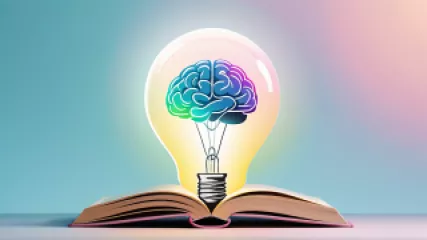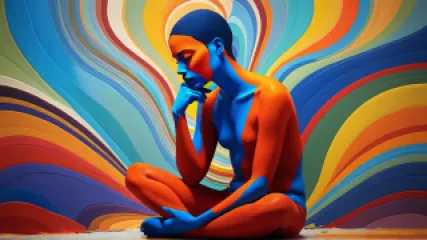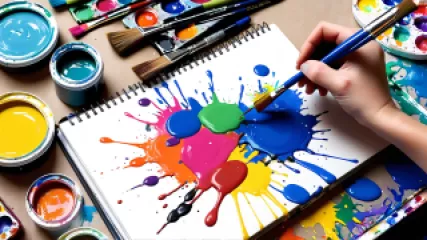Overcoming Anxiety Step-by-Step: Virtual Therapy Programs for Relief
1 year ago
Anxiety
10 Proven Ways to Unlock Your Personal Power in Psychology
1 year ago
Personal Power in Psychology
Exploring the Science Behind Mental Wellness: A Research Summary
1 year ago
Mental Wellness
Cultivating Daily Gratitude: My Transformative Journey
1 year ago
Daily Gratitude Practices
Calming Techniques: A Research Summary on Mindfulness for Anxiety
1 year ago
Mindfulness for Anxiety
Therapeutic Techniques to Manage Rumination
1 year ago
Managing Rumination
The Importance of Psychoeducation in Mental Health Awareness
1 year ago
Psychoeducation
Is Mindfulness the Same as Meditation? Exploring the Differences
1 year ago
Mindfulness vs Meditation
Why Productivity Coaching Online Can Enhance Your Mental Well-Being
1 year ago
Psychology of Productivity
The Undeniable Advantages of Virtual Life Coaching
1 year ago
Life Coaching Advantages
My Journey to Emotional Awareness: Understanding the Complexity of Feelings
1 year ago
Understanding Emotions
Unleash Your Healing: A Step-by-Step Guide to Art Therapy Sessions
1 year ago
Healing Through Art
Understanding Your Moods: A Step-by-Step Guide
1 year ago
Understanding Moods
Embracing Obstacles: A Motivational Perspective
1 year ago
Overcoming Obstacles
The Psychological Impact of Space Design
1 year ago
Psychology of Space














